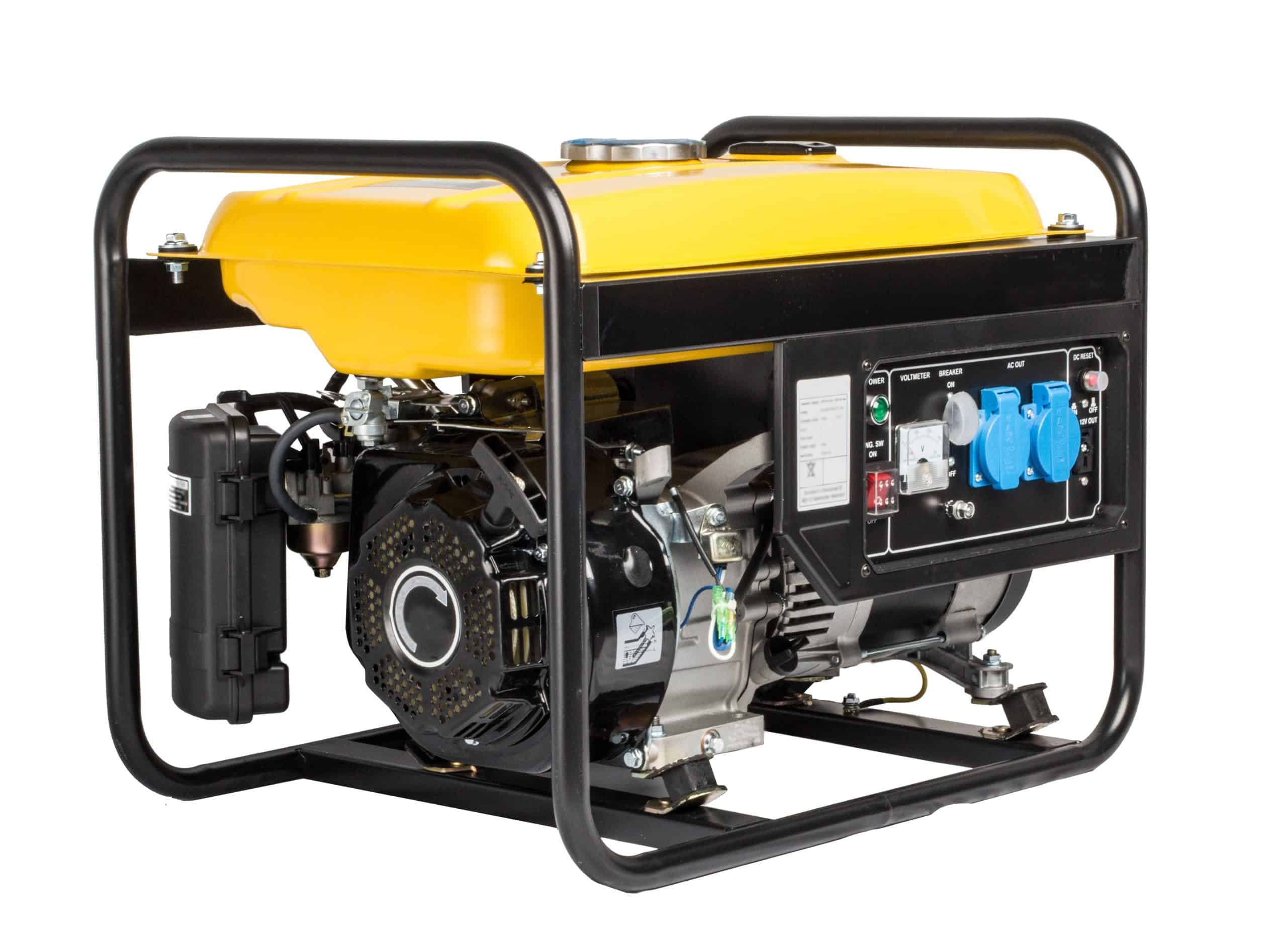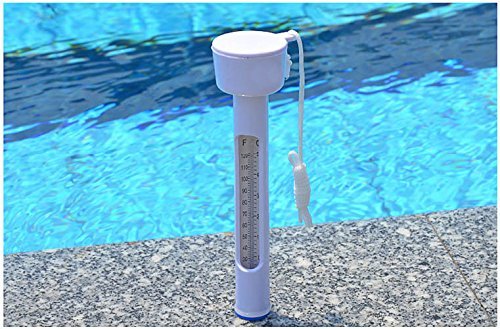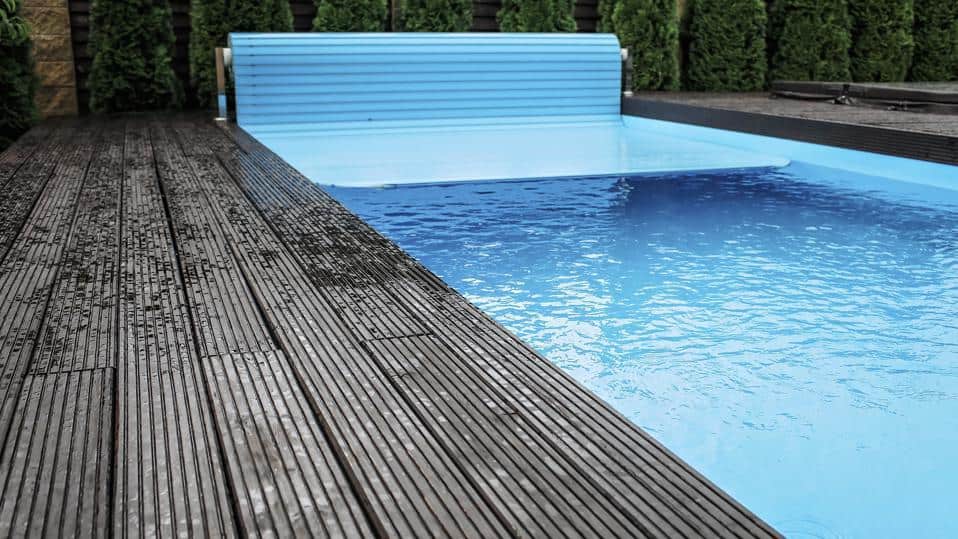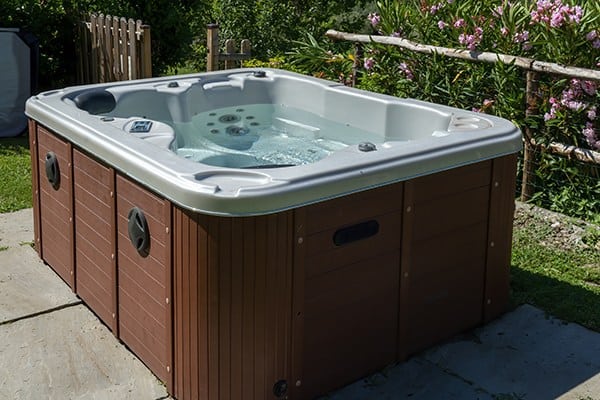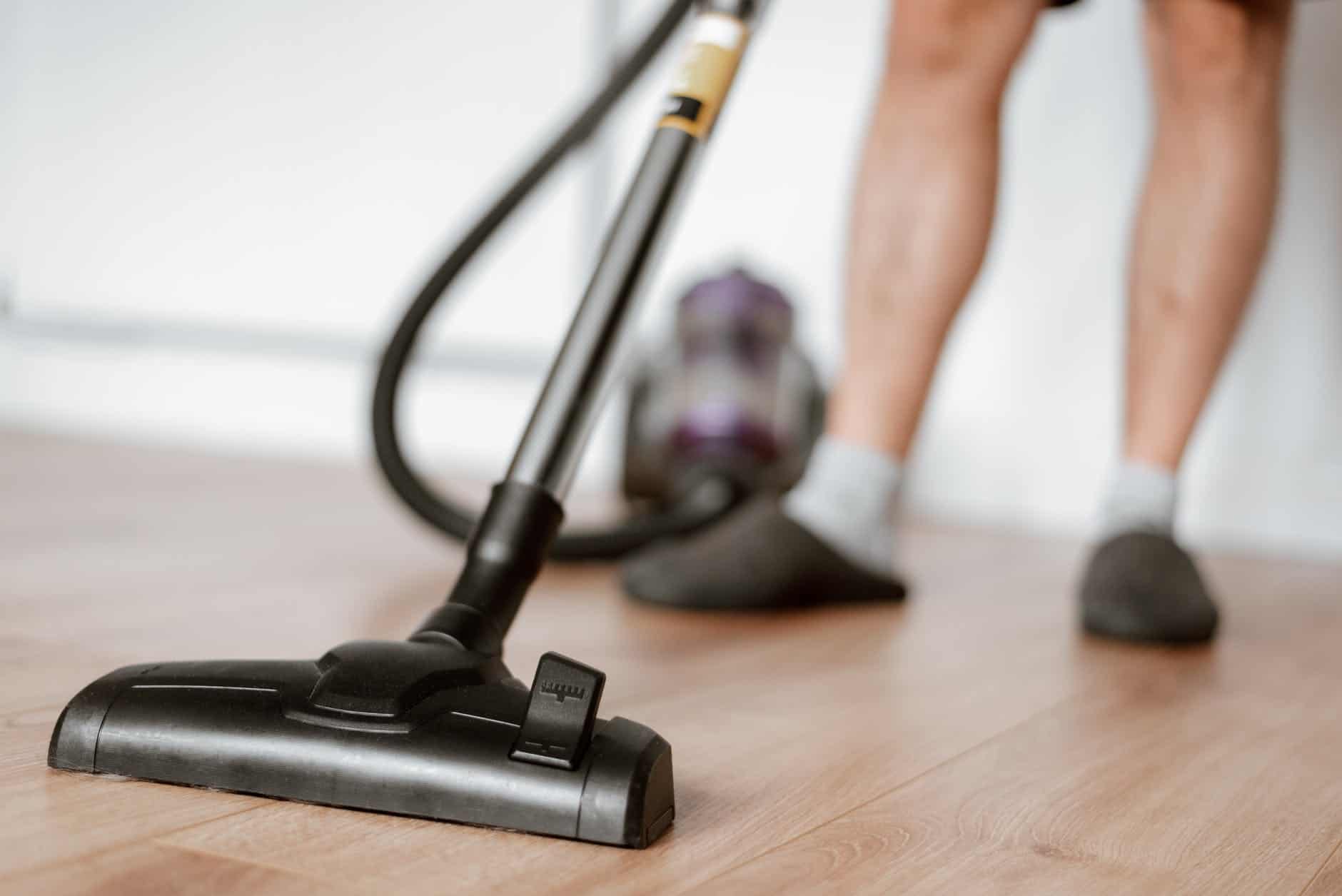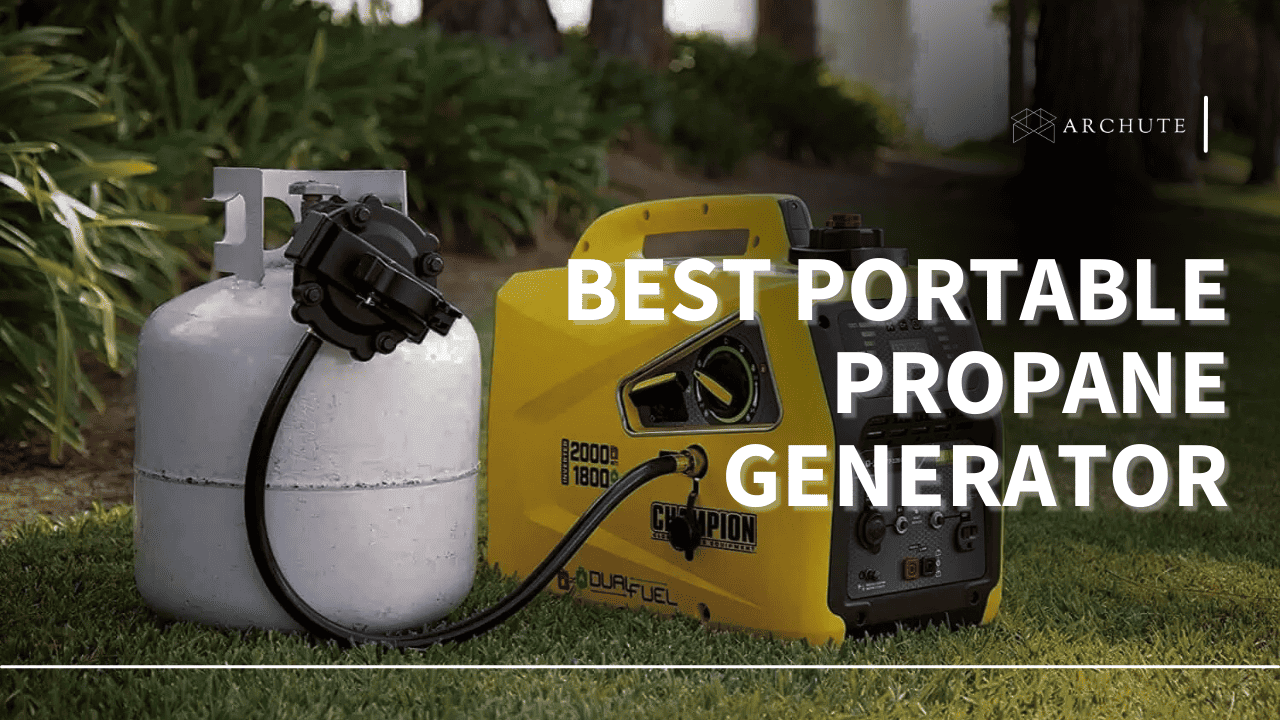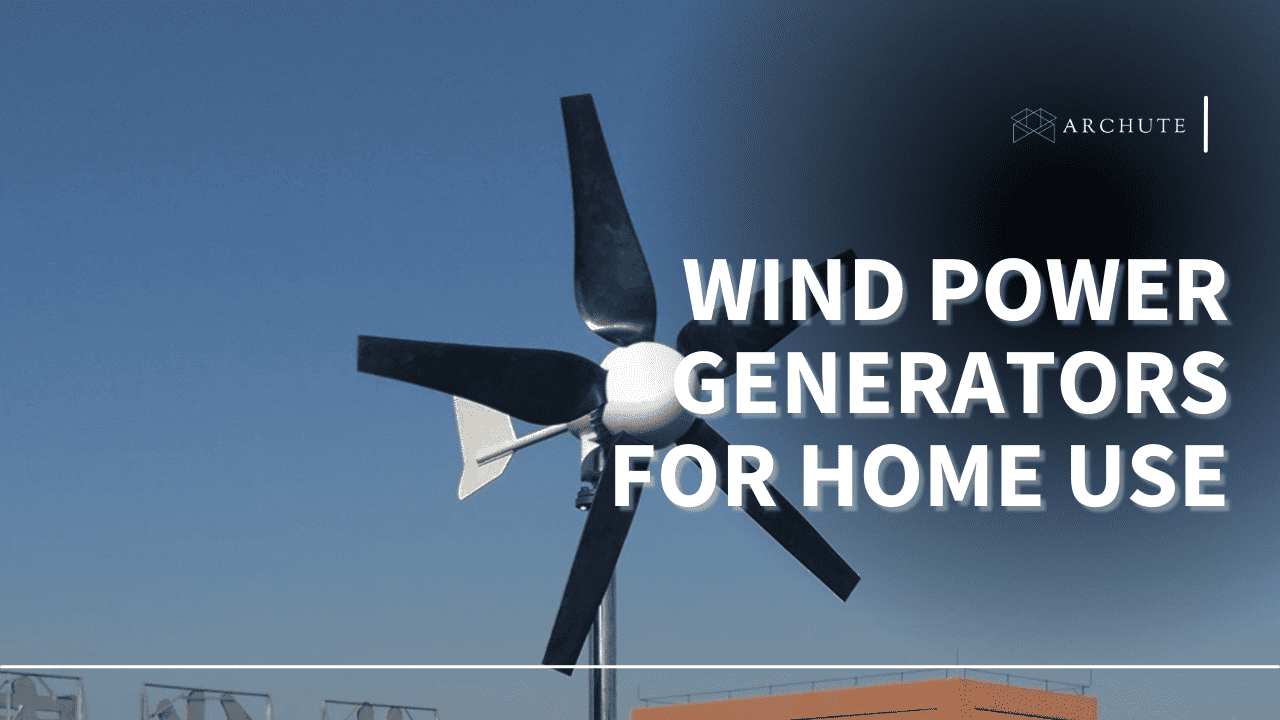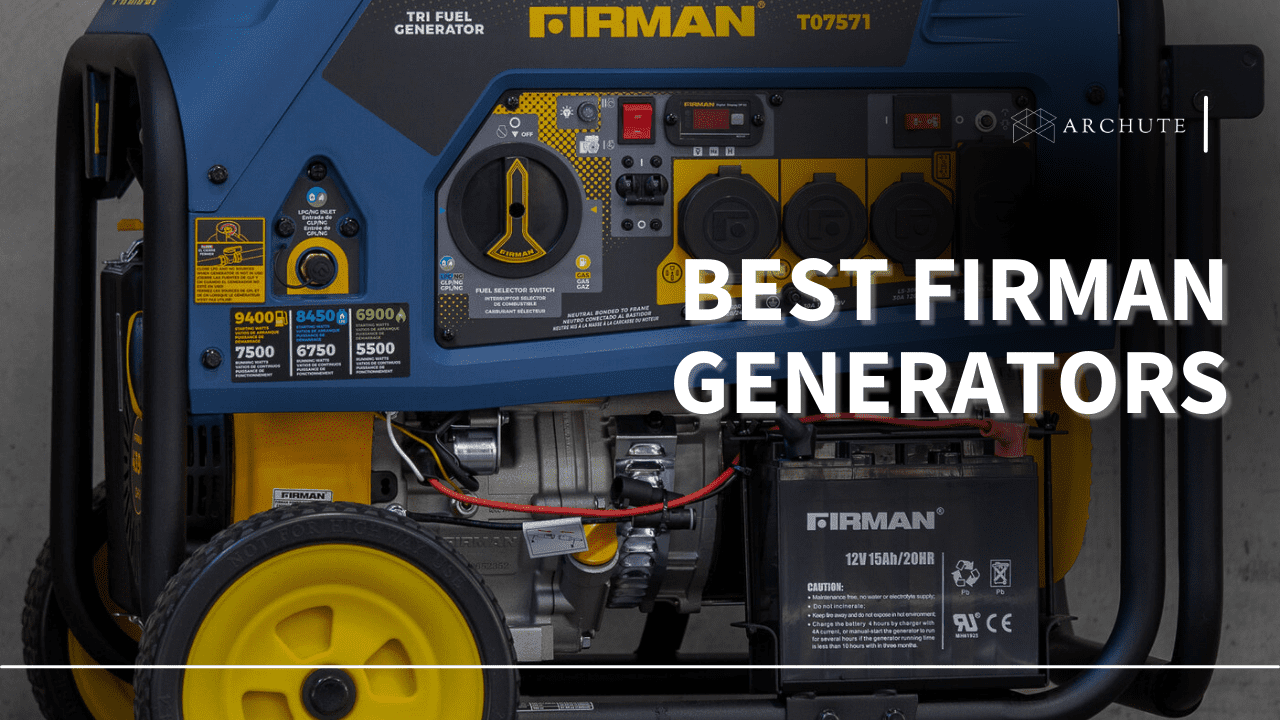Choosing a generator is easier than most people think. While you may have friends or relatives suggesting a particular model because it worked well for them, we'd advise you to first know what to look for in a generator. In this article, we look at four essential considerations that even professionals have to keep in mind when looking to purchase a generator. In brief, they include:
- Type of generator
- Type of fuel required
- Sizing (Wattage needed)
- Helpful features
First thing to put into consideration when in search of a generator is the type that you need. Ideally, there are three kinds of generators you can find. They include:
- Portable generators
- Inverter generators
- Standby generators
Portable Generators
As their name suggests, portable generators are your best bet when you need a mobile power source that you can easily move around in your workshop or jobsite. These usually rely on either diesel/petrol or propane or can support both.

They provide some decent power output and can power energy intensive devices such as power tools. However, this will only be possible if the portable generator you have has a power output greater than 5KW.
Inverter Generators
If you are enthusiastic about outdoors activities like tailgating and camping, using an inverter generator would be more preferable for its multiple reasons. In the same way like portable generators, inverter generators are lightweight and mobile. They are also quiet and can be used along with your camping or tailgate event.

Inverter generators are also low-maintenance because they come with digital alternators that do not have mechanical alternators. It often comes with modern functions like the parallel connection feature, which provides more power through noise-free operation.
Standby Generators
These are the kinds of generators that can power an entire home or even an institution. They are the largest of all three types of generators and the most powerful too. You can get standby generators that use either diesel or gas or a dual fuel model that can use propane as well.

With size and performance on the extreme, you should know that the cost of these generators is high up too. As such, if you're thinking of a power solution that can adequately serve you at home, you'd need to have about $10,000 or more to acquire a standby generator.
Fuel Type
The same goes for the fuel type choice. You should go for a generator that runs on fuel that is available to you at a cost that is affordable for you. At the beginning of our discussion about the types of generators, we only mentioned gasoline, diesel, and propane. Likewise, some generators depend on LPG. Now let's investigate the advantages and disadvantages of those fuel types.
Gasoline/Diesel
This is the most common type of fuel found globally, and therefore, it is logical to pick a generator that works on gas/diesel if versatility is what you are after. Many gasoline and diesel generators are actually cheaper than others. One example is diesel generators, which burn fuel slowly and are, thus, economical when you intend to run the generator for long periods of time.
Natural Gas
If you are in an area that has a natural gas service, you're in luck because you can easily grab a generator that runs off natural gas and save tons of cash. To power a 7KW generator, for instance, you would need approximately 2,400 cubic feet of natural gas. This will cost about $25 if you keep the generator running all day.
Things can be a little hectic if you want to use LPG cylinders. This is because LPG cylinders can run out fast. As such, you would need to carry multiple cylinders depending on your intended use.
Propane
Using propane is ideal if you live in remote areas. It is a convenient type of fuel, and the fact that some generators are dual fuel means that propane will always be an option when there's no gasoline or diesel in sight. However, relying on propane for long durations can also be expensive. Typically, you can end up using more than $50 if you keep your generator running for an entire day.
Checkout Best Propane Generator Here
Generator Sizing
Now that fuel types and generator types are out of the way, the next part involves determining which generator will adequately provide you with the power you need. Ideally, it doesn't matter whether you get a standby generator or a portable generator because each one of them will provide you with power. The real question you should be asking yourself is how much power you need, and this is where generator sizing comes in handy.
Generator sizing helps you pick a generator with the right wattage. This is important for several reasons. For one, you will always be assured that your generator will handle your loads efficiently. We also don't recommend buying a generator simply because you saw someone else using it. Your needs could be different, and you might end up buying a generator that will only handle half of your load.
To size a generator, draw up a list of all the electronic or electrical devices you intend to use when there's no power. Be sure to sum up all their wattage so that you end up with your total energy requirements. If you're using the generator with devices that aren't energy-intensive, you will end up with a lower wattage. On the other hand, if you have a bunch of power tools on the list, you'll have a bigger load that may be more than 5000W.
Depending on the total load, you can now comfortably choose a generator with a slightly higher rating. For instance, if your sum comes up to 5000W, you can grab a 6KW generator or even a 7KW generator.
Optional but Helpful Features
Even when perfectly sized, there are usually a few other things that should also be considered, such as the generator’s features. Because it is the 21st century, it would not be out of place to have a generator with these particular features that will make your work easier. Generator producers realized this and, therefore, improved their generators by adding many features. Among the multiple features, we'll discuss only three trending ones.
Remote Start
Generators with remote start allow you to turn them on from the comfort of your chair. You don't need to go outside and physically turn on a generator that comes with the remote start feature. All you need is your smartphone. In addition, many of the generators with this feature also let you regularly check the health of your generator.
Fuel Life Meter
This might sound like an overly basic feature, but you'd be surprised to find out that many generators lack a fuel life meter. A fuel life meter simply shows how much fuel you have left so that you can start planning about a fuel top-up.
Parallel Connection Capability
You'll mostly come across this feature if you want to purchase an inverter generator. This feature allows you to connect multiple inverter generators together so as to achieve a higher power output while keeping noise low. Standby generators and portable generators hardly have this feature since they can generate enough power.
Overall, your ideal generator will depend on your power requirements and some of your personal preferences as well. Since there are three main types of generators, the first step involves choosing a generator that meets your immediate needs. Tailgaters, for instance, may prefer inverter generators as they are quieter. Next, you would have to factor in the type of fuel that is readily available to you at a fair cost. Once you're done with that, you'll remain with sizing, which is the easiest part of the process since it basically entails knowing your total energy requirements.

